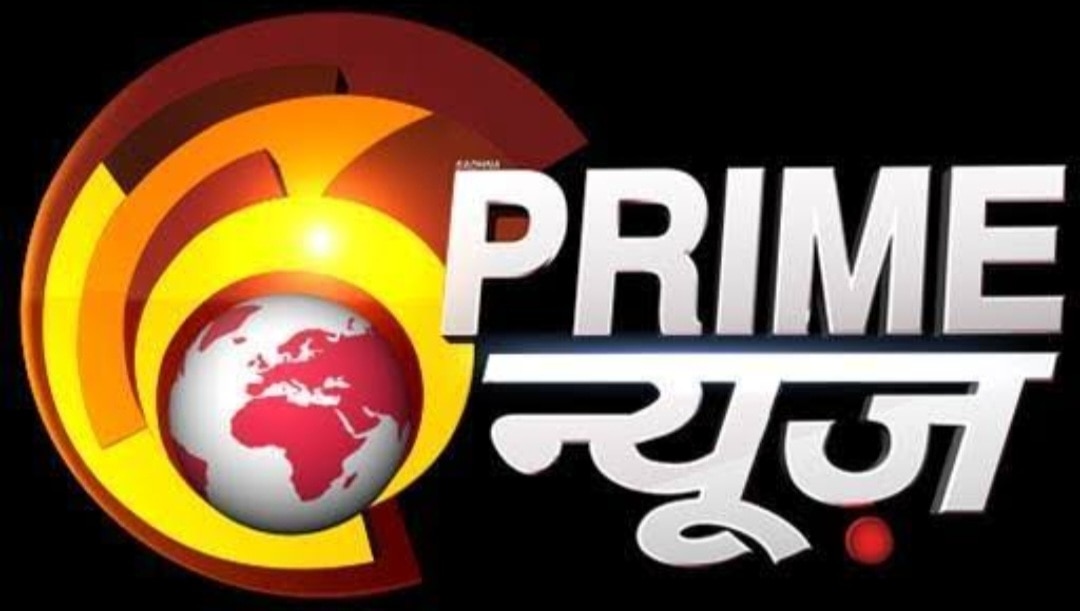PhD Mass Communication
Eligibility : Four year graduation degree by research or Master’s degree in related discipline with minimum 55% marks
- Duration : 3 years
- Admission Criteria : Shoolini University's multiple choice entrance test, and assessment of research aptitude through concept note & faculty interaction
PhD Mass Communication is a 3-year program at Shoolini University that focuses on the study of media, spanning traditional media, contemporary, and the technology-driven new media. Mass Communication is a broad field and permeates all social, cultural, and political domains, impacting them and being influenced by the changing norms.
A doctorate degree integrates communication theory, research methods, and critical analysis. The especially designed curriculum trains students in research design and methodology in mass communication, covering topics such as mass communication theory, communication research methods, and communication pedagogy.
On completion of the program, our scholars can conduct pathbreaking independent researcher, become academicians, teachers, or pursue successful careers in media-related industries, such as public relations, journalism, advertising, and mass media.
Shoolini scholars get global exposure through international exchange opportunities with renowned universities across the world. Prominent among these are, University of Arkansas, USA; Lanzhou University, China; University of Naples, Italy; Taipei Medical University, Taiwan; Gachon University, South Korea; South Dakota Mines University, USA.
Shoolini University is UGC Approved and NAAC Accredited.
Highlights
- Mentorship from practicing journalists
- Practical experience in TV, Radio & Print
- Experienced faculty with vast teaching and research experience
- Rigorous academic curriculum
- Regular literary and co-curricular activities
- International exposure to students through seminars, conferences, and invited talks
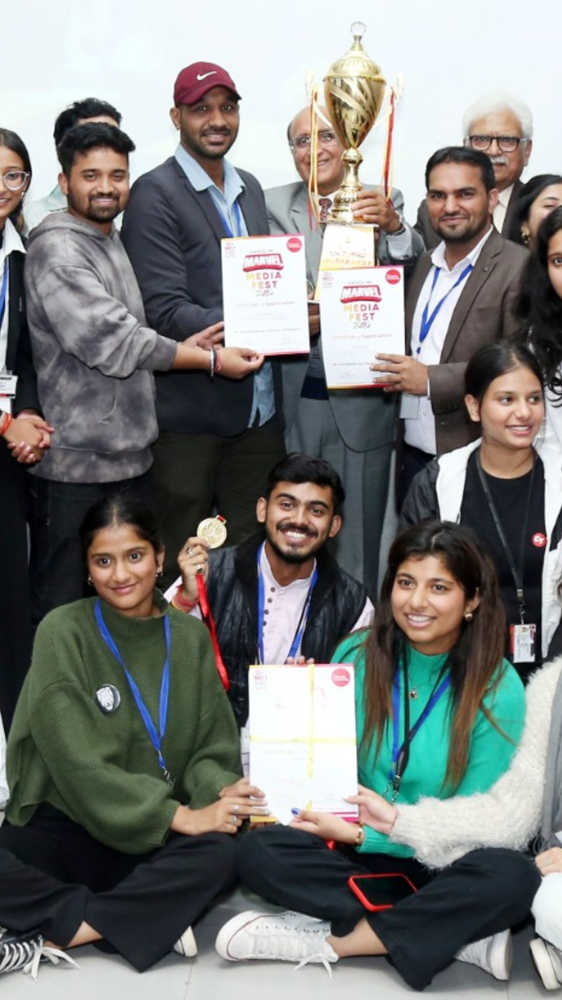
Media & Creators' Fest
Media Marvel Fest showcases talent, inspiring talks & Creators' Fest features influencers, tech discussions, & career insights.

In-House Production
Shoolini Newsletter and in-house productions like Shoolini TV, Shoolini Samvad, and Radio Shoolini, provide hands-on experience.
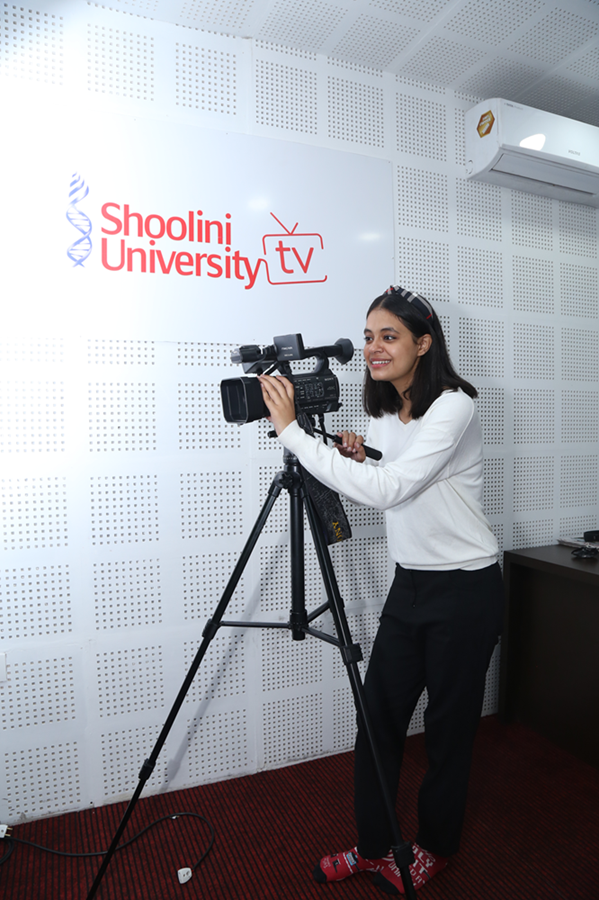
Internships & Placements
PTC Group, Hindustan Times, Times of India, The Indian Express, The Tribune, Dainik Bhaskar, Amar Ujala, TechThirsty.com.
PhD Mass Communication Career Opportunities
- Professor
- Writer
- Reporter
- Editor
- Researcher
- Public Relations Executive
- Communication Executive
Program Details
Top Faculty
Student Voices
Top Campus Recruiters
Some of the major companies that visit our campus and hire our graduates are:
Frequently Asked Questions
Why is PhD study important?
Enrolling in a PhD program helps you begin or continue research in the field you're passionate about. You can delve deeper, make new discoveries, improve conceptual tactics and apply those concepts through the research conducted. You can decide what to work on, how to work, and chart your journey with support and guidance from a supervisory team.
Can I do a PhD without a Master's degree?
Students with a minimum CGPA score of 7.5/10 in the four-year-undergraduate program (FYUP) will now be eligible for PhD admissions, without having to complete a master’s program, according to the new regulations on the award of PhD degree finalised by the University Grants Commission (UGC).
Do rankings matter for a PhD?
The institution's accreditation by appropriate agencies means the program meets high standards of academic excellence. However, other factors, such as the field of research, number of publications, collaborations, etc., are also considered.
Will a PhD enhance my career prospects?
Doctoral programs require intensive training in research methods. This includes interviews, surveys, questionnaires, clinical trials, and laboratory experiments. These skills are put into practice when the candidate conducts fieldwork for the dissertation. Skills gained in qualitative and quantitative research methodology and statistical analysis are transferable to non-academic research environments, particularly for industrial research. In addition, employers outside of academia seek individuals with sound research skills to carry out projects at think tanks and research institutes in both the private and government sectors.
Why should I pursue a PhD from Shoolini University
Shoolini University is India’s No.1 research university. It follows a unique One Student, One Patent policy that encourages all PhD students to focus on real research and innovation. The university has more than 104 modern labs to support your work. Shoolini researchers are also listed among the top 2% scientists in the world by Stanford University. With 250+ international collaborations, you can work with global experts and institutions.
Latest Blogs
Explore the latest insights and updates in our newest Shoolini University blogs!
Still have Queries? Contact Us
Please fill in the form and an expert from the admissions office will call you in the next 4 working hours.

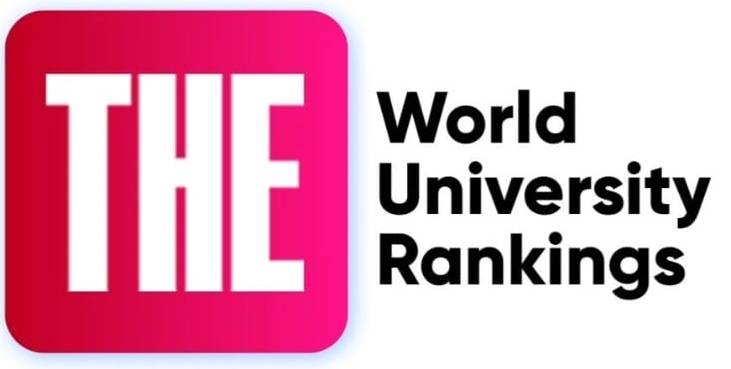



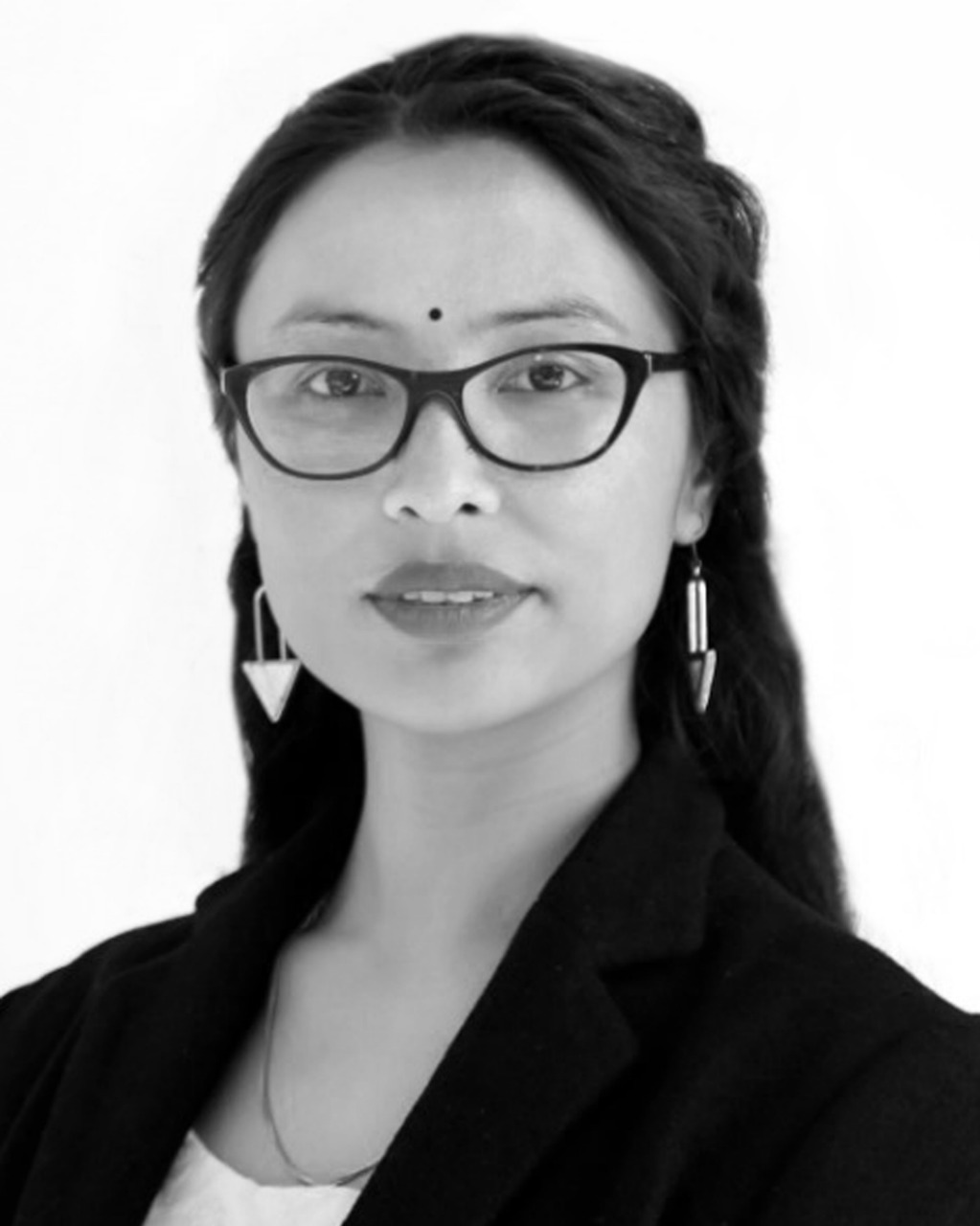
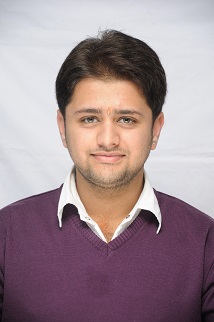
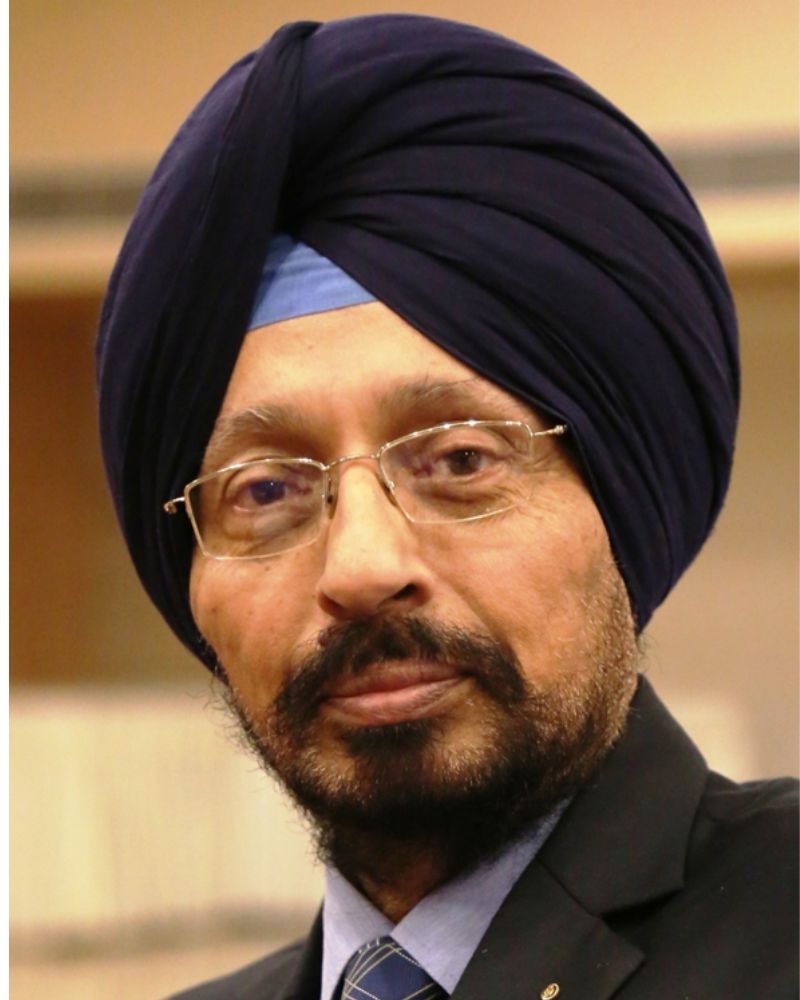
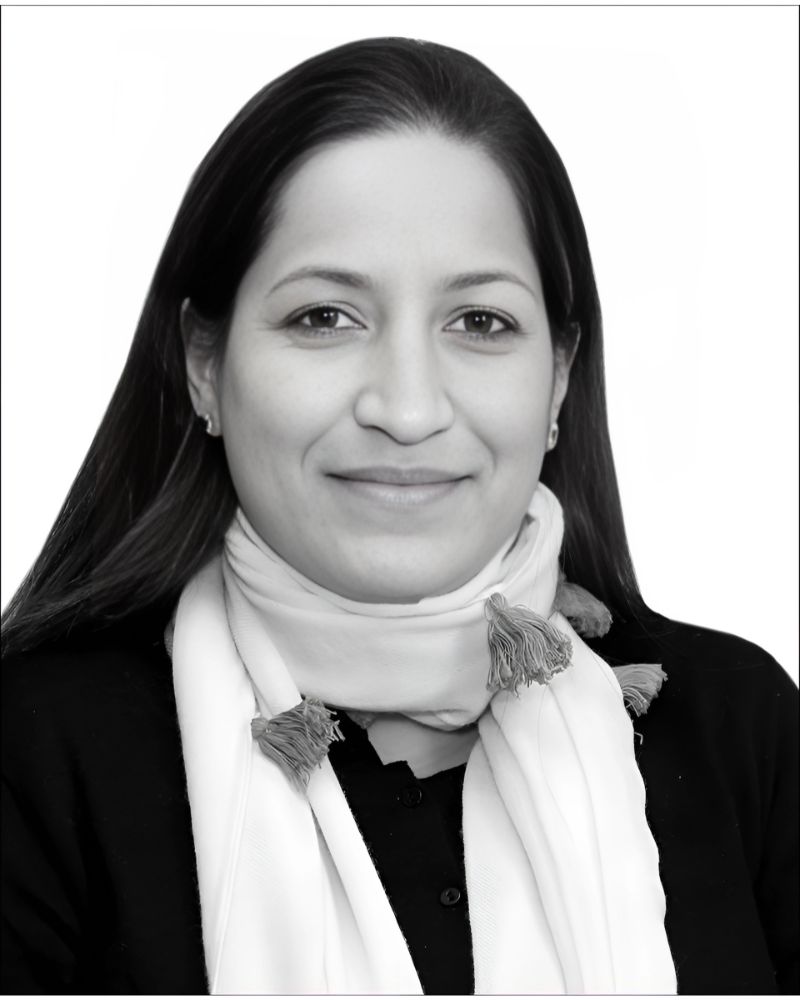
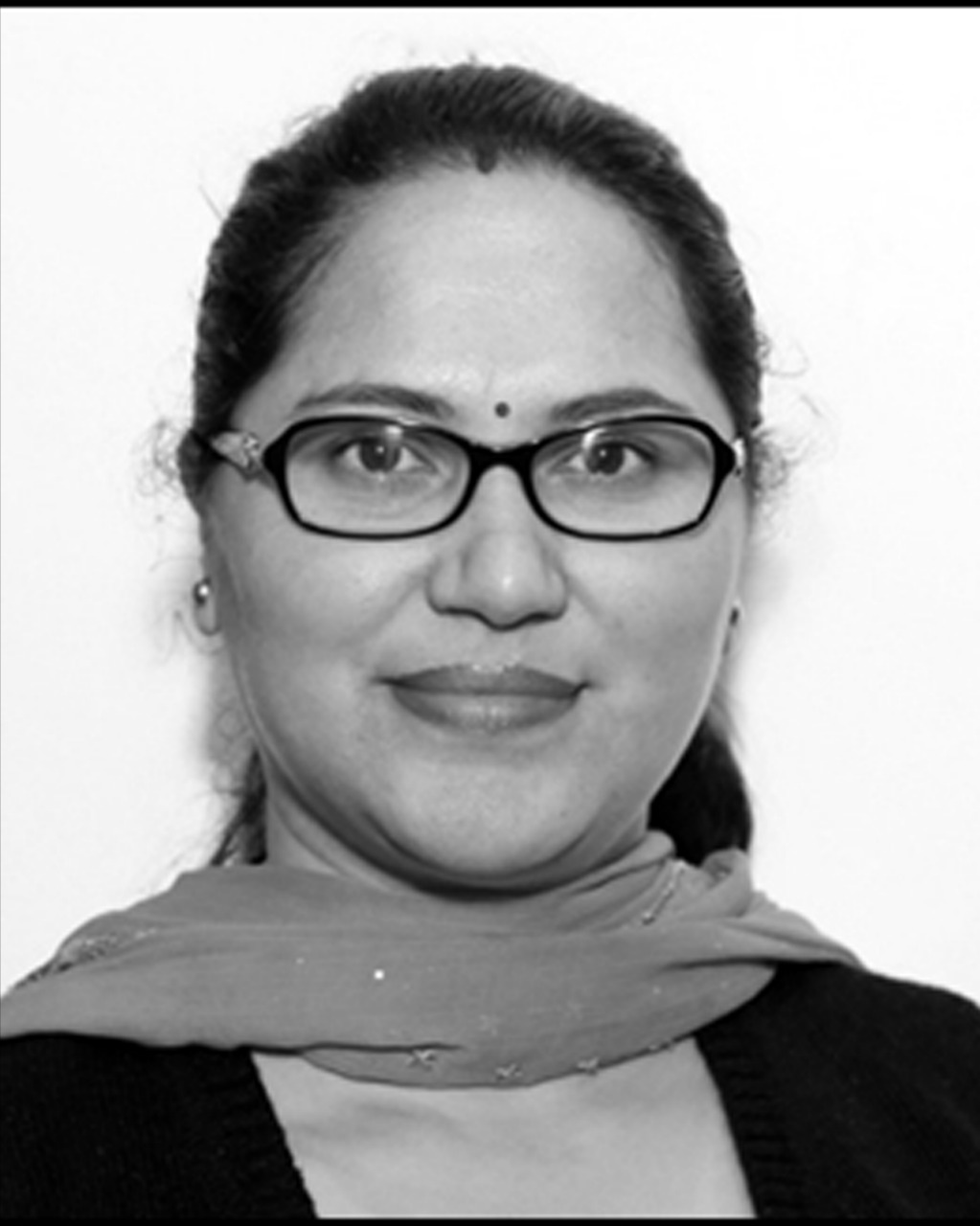

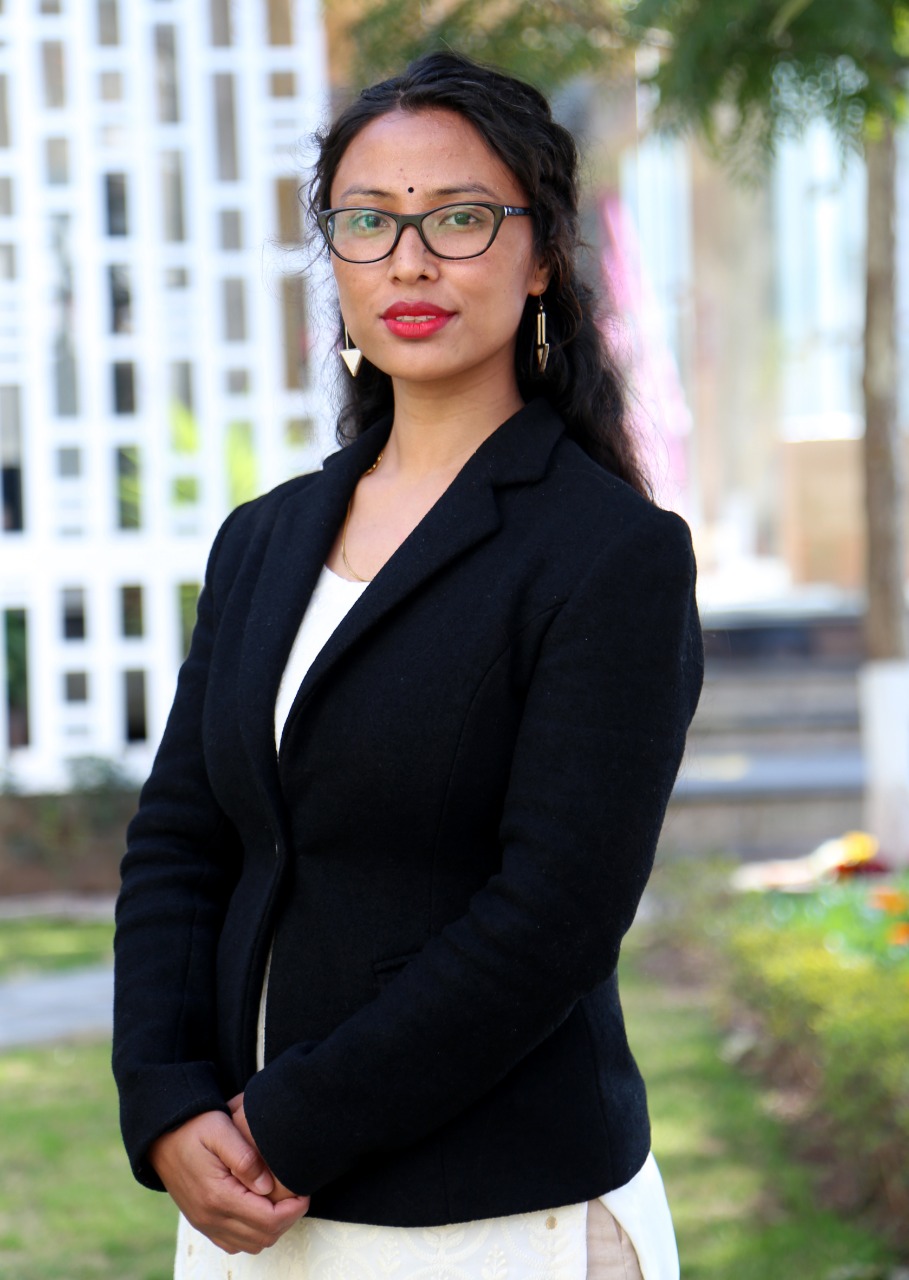



.jpg)




